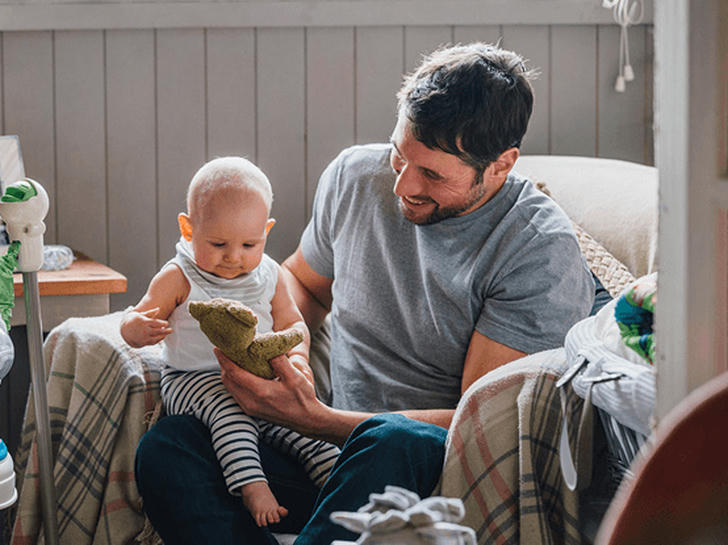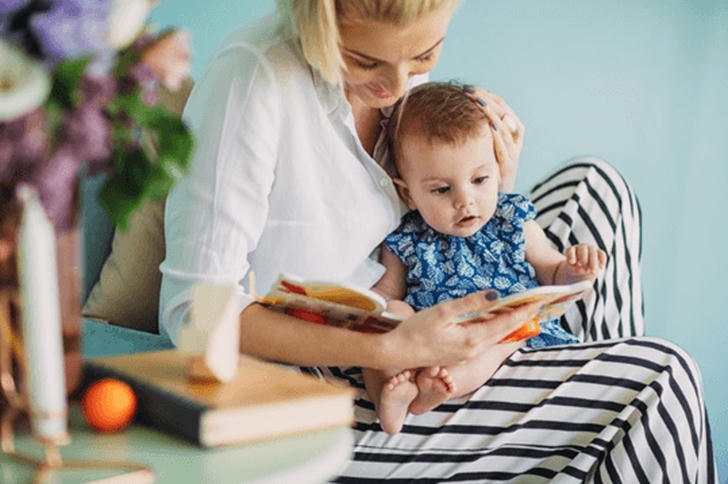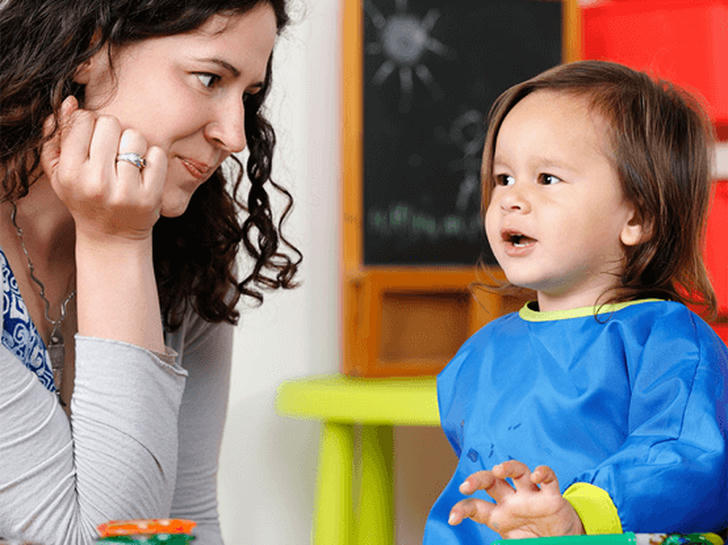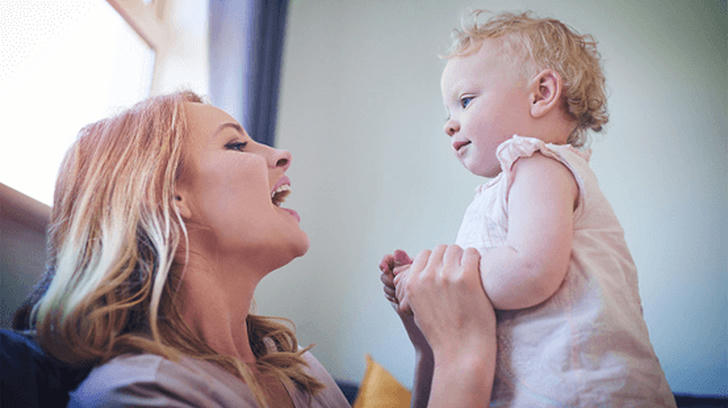6 Tips for Encouraging Your Baby's Language Development
This is one of your baby's biggest questions in his first year: Will she say "Mama" or "Dad"? When she's 1, you'll probably hear that particular first word. Around 15 months old, baby starts using simple consonants to form words such as "up," "more," and "baby." At 18 months, baby’s vocabulary has exploded and should start learning a few new words a day.

Though you can't rush your child's natural development, you can help improve her language skills. Here are the most useful tips boosting your baby’s language development.
1. Read to your baby

You've probably heard it over and over again, and for good reason. Read to your baby as often as you can. This is the foundation for developing a love of books, and encourages the use and understanding of early language.
2. Teach her plenty of simple songs

Toddlers love music, and singing is a great way to build language. One of the best way to encourage your baby’s language development is to teach her plenty of simple songs, especially ones that rhyme. Keep it interactive, you’ll see the difference.
3. Have a Conversation With Your Baby

Treat your baby's little noises as conversation. Look at them when they make sounds and respond with real words. Though they can’t speak any language now, it’s essential to have conversation with them. Oftentimes, they'll keep the conversation going with their own coos and gurgles, which will eventually become intelligible, actual words.
4. Watch his hand

"For 1-year-olds, using gestures for nonverbal communication is an important skill you can encourage," said by Dr. Macias. Try making movements with his hands while speaking to help him connect words to actions. You can also play games with gestures to make the baby better understood.
5. Give them feedback

When he tries to say something, acknowledge his attempt in a positive way. Remember that - Don't correct his speech and respond to the content of his message. For example, if he notices your husband leaving and says, "Daddy bye-bye," jump in with "Yes, Daddy's going to the store."
6. Change Your Pitch

Try speaking to toddler in different tones. "Toddlers are starting to add inflection to their voice to ask questions like, 'Out?'" says Dr.Teplin. Play with funny and high voices—so your child can copy you and practice different sounds and pitches.

